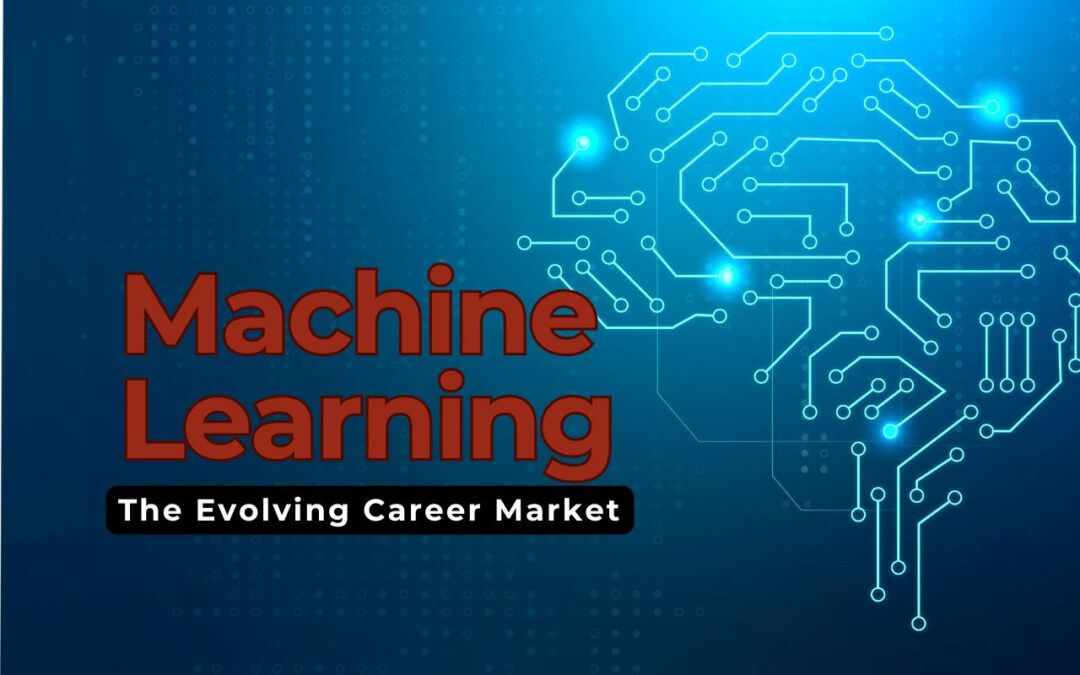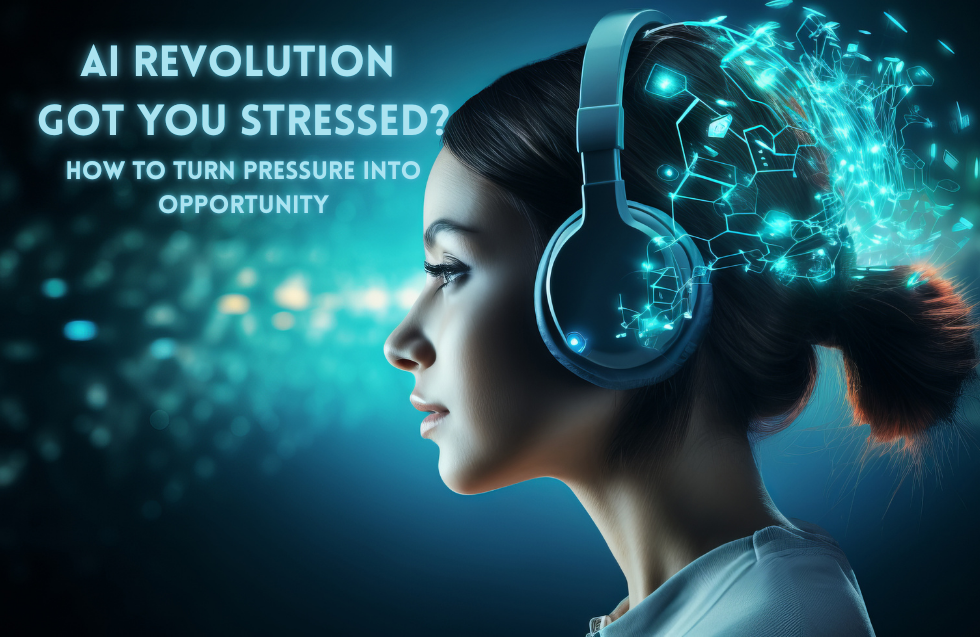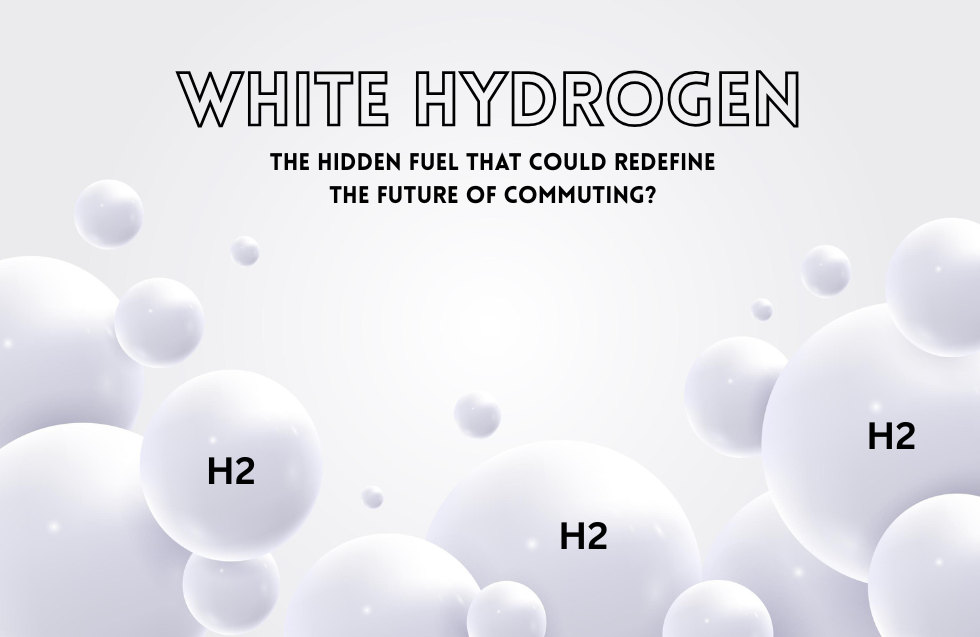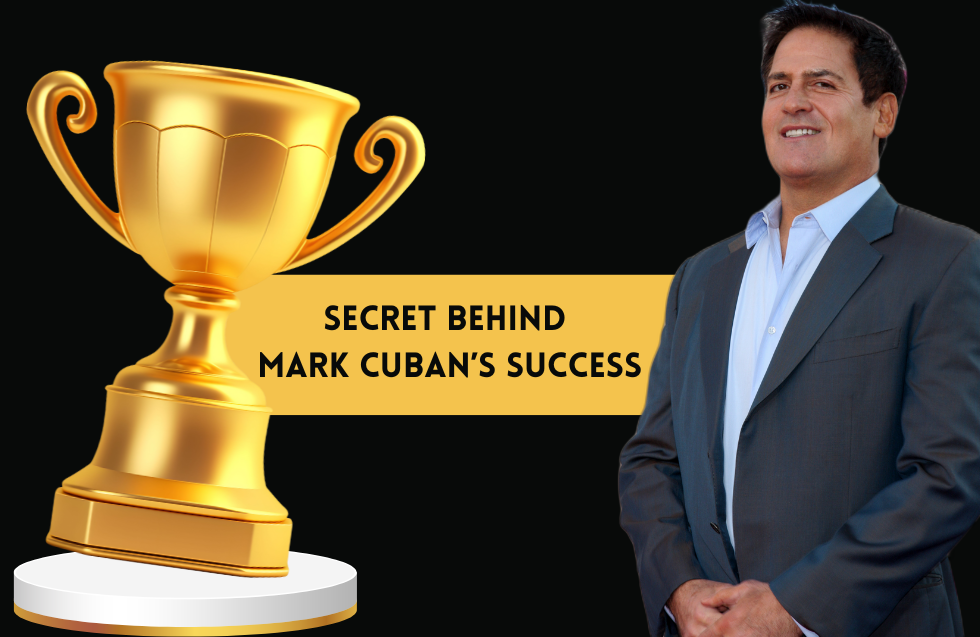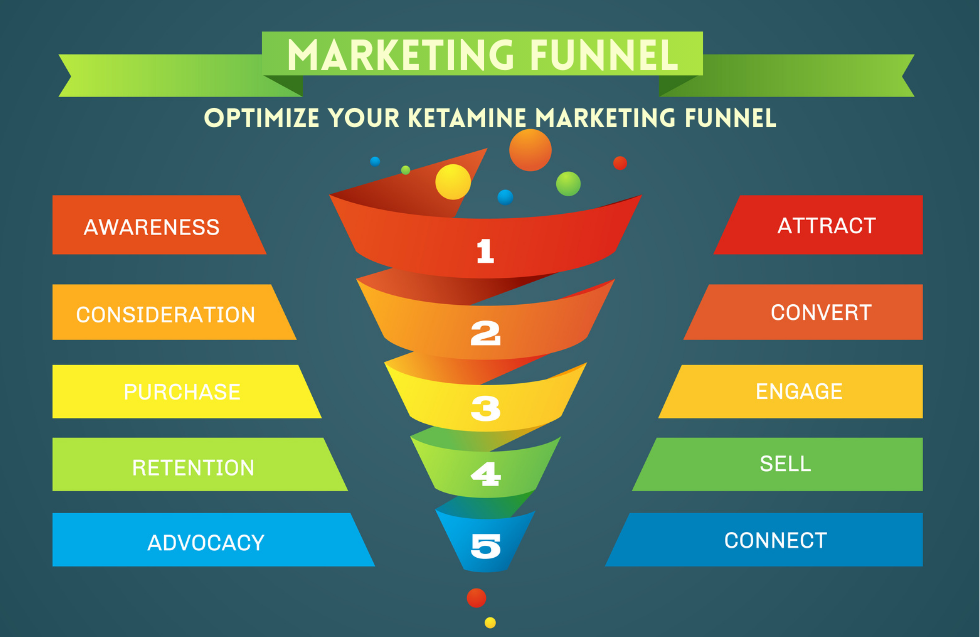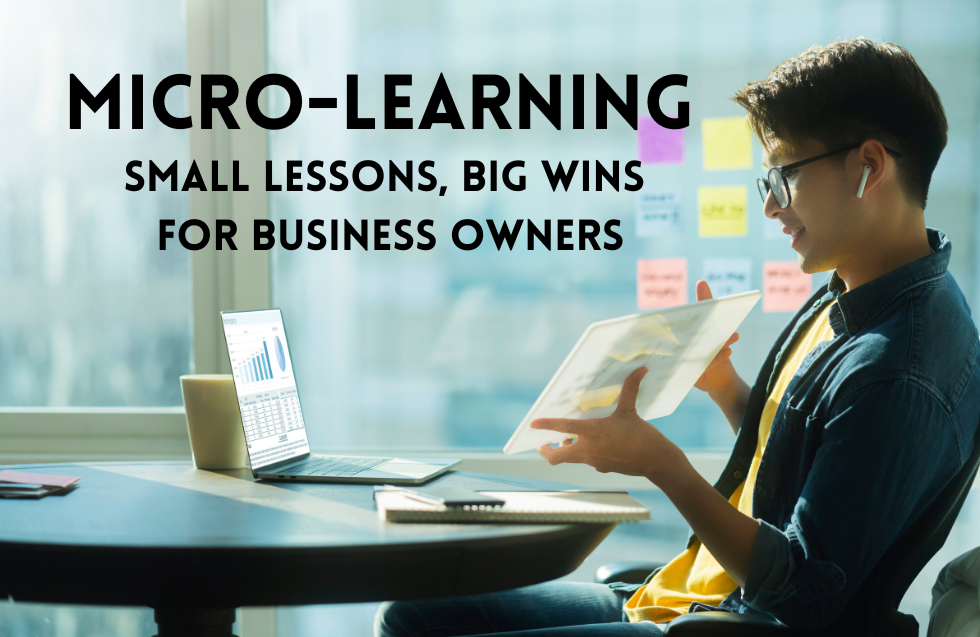Picture yourself as a teen now. There’s no question that things are changing faster in this world than ever. Careers are changing just as fast. New roles like “AI ethicist” and “virtual reality architect” did not even exist a few years ago. When new technologies are impacting industries overnight, how do young people envision their future? This is where machine learning plays an integral role – as a smart companion for teens in an ever-changing career landscape.
Machine learning (ML) is a sub-area of artificial intelligence in which computers can learn through their acquaintance with data, i.e., with less or without programming, and get better on their own based on their learning. As ML drives recommendation algorithms on platforms such as Netflix and Siri, self-driving cars, and more, it will also start to play a growing role in career discovery for students.
Why Traditional Career Counseling Models are Insufficient
For decades, career advice relating to students has been defined by aptitude tests, traditional models of counseling, and remedial strategies. These static models that assume career interest reflect a future role-related career path that does not account for the rapidly changing job landscape, individual passions and interests, or the future of work. Careers are different now – teenagers require a career counseling model that resonates with 21st-century skills and enables real-time adaptation, and AI-influenced/accompanied career counseling is just that.
How Machine Learning Is Transforming Pathways to Explore Careers
1. Personalised Career Recommendations
Machine learning algorithms can analyze student interest, academics (grades), extracurriculars, and some online activity (what topics a student is looking at or what content they interact with). As a result, machines will suggest careers that are highly tailored for each student, as opposed to more ambiguous suggestions of “doctor” or “engineer”.
2. Prediction of Emerging Job Trends
Within an enormous amount of job postings – over 230 million – job seekers are navigating millions of companies, with new industry changes developing either weekly or, in some cases, daily, that can provide context for these millions of new roles. Many of these machine learning tools are capable of understanding and monitoring, and predicting job patterns of decline or growth, permitting teenagers to decide based on the most relevant industry intelligence for future-proofed careers, the potential for upskilling, and sectors for future job growth like AI, renewable energy, and digital content.
3. Real-Time Skill Matching
Newly available platforms that are leveraging machine learning for student career planning are finding many different ways to assess a teen’s current skill set and show any skill gaps for their selected careers. For example, if a teen is interested in “UX designer”, a new way to view their gap may identify that the teen needs to strengthen design thinking or their basic HTML. AI-based career advice has now taken away the guesswork for teens and is capable of providing career exploration with the defined next steps required by students, with practical avenues for learning.
4. Making Career Exploration Enjoyable and Relevant
Teenagers are more comfortable in digital interfaces, and ML applications used in education employ interactive dashboards, quizzes, and simulations. Some even have gamified experiences that allow students to “try out” careers and increase connections to their choices.
5. Assisting Undecided Teens
Identify Interests. Not every student knows what they want, and that is fine. Machine learning career guidance tools typically expose teens to niche fields they have never been exposed to. A student engaged with animals could discover “veterinary data analyst,” and someone curious about fashion could receive a pathway to “fashion tech entrepreneurship.”
There are caveats to be mindful of.
While machine learning is an exciting window into the future of career guidance, it is by no means perfect:
- It cannot offer anything more than a means of assisting, and should not replace human mentors and teachers.
- It must guarantee that all algorithms are free of bias, especially around potential students and other stakeholders.
- Not every student may have equal access to technology yet, as schools continue to adopt many of these technologies, and access to most forms of technology continues to be commonplace, technology will become the primary lens by which career planning is viewed.
Real-World Application of AI in Career Planning
Career Guidance Apps for Students, such as Univariety, Mindler, and CareerLabs, are now using machine learning to provide them with personalized career recommendations for the Indian and global job markets. AI Mentorship Platforms enable students to work with a digital career coach that adapts to the student’s growth, learning, and changes in interests. Government-backed platforms like Singapore and Finland have included machine learning and AI in their national career exploration programme for teens.
What the Future Holds
- Early career consciousness. Teens do not have to wait until university to make informed decisions as early as grade 8 or 9.
- Access for all. Students in small towns or rural areas who have no access to counselling can now receive smart, data-driven advice.
- Skill first. Instead of only pursuing degree options, students get to see the skills they need, and can begin working on these skills from the school itself.
Final Thoughts
Teens today must have much more than career guidance — they must have a map that provides real-time updates, speaks their digital language, and understands who they are. Machine learning can do this. It creates a process that incorporates personalised details, live data, and interactive tools to turn career exploration from a confusing excursion into a guided and fun expedition.
